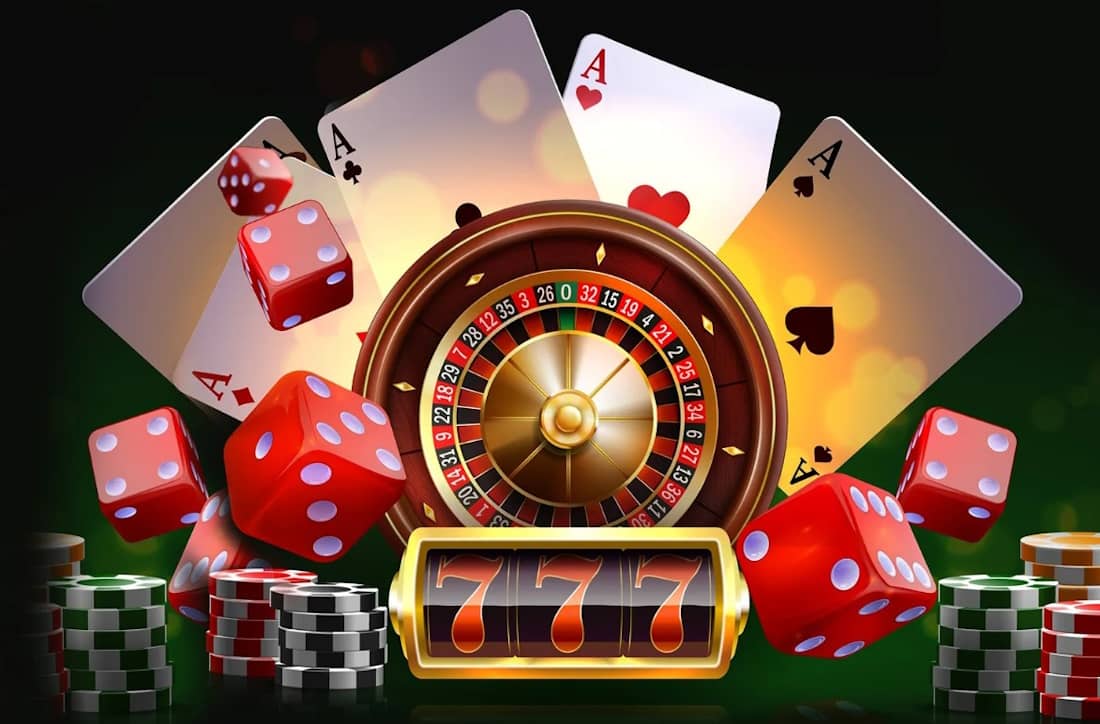
Casino gaming has long been a topic of interest and controversy, drawing in millions of players globally. With a blend of chance, skill, and the excitement of uncertainty, casino games offer an exciting escape from everyday life. However, as entertainment becomes ever more accessible, it calls for a more thorough examination of the morality surrounding these games.
At the heart of the discussion lies the issue of whether casinos promote responsible gaming or exploit at-risk individuals. The allure of potential winnings versus the truth of losses can create a complex dynamic, and understanding this balance is essential for both players and operators. As we delve into the morals of casino gaming, we will explore the responsibilities of casinos, the impact on society, and the measures that can be taken to foster a better gaming environment.
The Impact of Casino Gaming on Society
Casino gaming has a significant influence on the community, affecting not only the economy but also interpersonal dynamics and local frameworks. The funds generated from casinos can lead to job creation and boost local economies, as they provide numerous employment opportunities in different sectors including hospitality, leisure activities, and shopping. However, while the financial benefits can be substantial, communities often grapple with the possible negative impacts that arise from increased gambling activity.
Moreover, the presence of casinos can lead to an rise in gambling addiction, presenting serious challenges for individuals and families. The thrill of casino games can quickly evolve into a compulsive habit, affecting personal relationships and leading to financial instability. Many individuals may struggle with the loss of control over their gambling habits, resulting in a need for assistance programs and help to address this growing issue. The social cost of gambling addiction can extend through kinships and neighborhoods, creating an urgent need for responsible gaming initiatives. mdybetwin
In addition to the economic and social consequences, casino gaming often showcases cultural attitudes towards uncertainty and entertainment. It can encourage a sense of joy and leisure, attracting tourists and boosting local travel. However, this allure may also conceal the broader implications of gambling as a method of entertainment, provoking ethical questions about its advertisement and accessibility. As communities weigh the advantages and disadvantages of casino gaming, the need for responsible practices and regulation becomes increasingly critical in ensuring that the positive aspects are maximized while minimizing the potential harms.
Ethical Concerns in Gambling Activities
The morality of casino operations often revolve around the potential for dependency and its effects on people and households. Betting can lead to serious financial distress, impacting not only the betters but also their families. As individuals become entrapped in the allure of winning, many lose sight of their budget, which can result in devastating results such as insolvency. This raises moral questions about the responsibility of casinos in promoting responsible gaming habits and offering support for those who may be struggling with gambling addiction.
Another critical issue is the advertising of gambling to vulnerable populations. Gambling establishments often aim at low-income people or neighborhoods with the promise of fast gains, which can perpetuate patterns of poverty and hopelessness. In this situation, the morality of advertising strategies used by gambling establishments come under examination, as they may exploit the desperation of individuals seeking an way out from financial hardships. This manipulation raises moral questions about the honesty of the gambling industry and its obligation to protect its most vulnerable patrons.
Additionally, the impact of casino operations on the community as a whole cannot be ignored. While some argue that casinos create employment and boost local economies, others point to the community costs associated with dysfunctional betting, increased crime rates, and a strain on public services. Balancing financial advantages with the potential for community issues presents a complex moral dilemma for policymakers and gambling operators alike. The challenge lies in discovering a ethical approach that takes into account the well-being of individuals and communities while still permitting for the enjoyment of gambling activities.
Regulation Structure and Duties
The regulatory framework surrounding gambling games is developed to ensure justice, trustworthiness, and player safety. Different government bodies and gambling commissions set and apply regulations that dictate how casino activities work, the standards for activity development, and the protocols for handling prizes. These regulations vary by jurisdiction but typically involve licensing requirements for businesses and strict measures to avoid deception and fraud.
In furthermore to governing bodies, gambling operators bear considerable duty in preserving ethical standards within their establishments. They must enforce responsible player practices that support participant safety and awareness, including presenting self-ban options and offering information about the dangers related to betting. Operators are also responsible for training employees to recognize signs of difficult gaming and know the appropriate actions to assist visitors in distress.
Additionally, openness in gambling operations is crucial for gaining and keeping public trust. Gaming establishments should offer clear information about the probabilities of operations, marketing opportunities, and any related dangers. By fostering an atmosphere of integrity and trust, operators can help lessen the possible harmful impact of gaming while enhancing the overall betting experience for all players.
